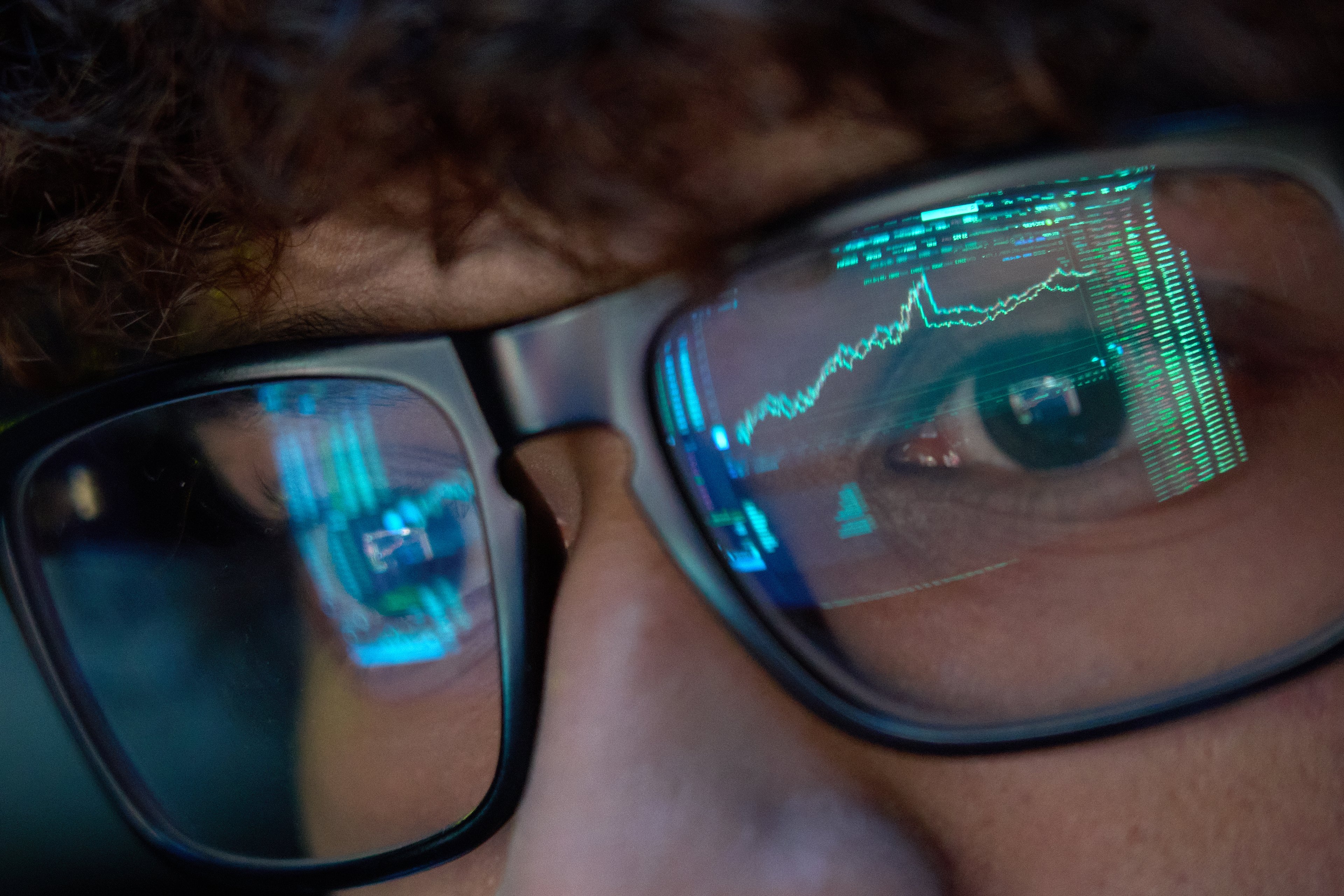There are several reasons why analysts remain so bullish on Google (GOOG +0.48%) (GOOGL +0.69%). First and foremost, Google continues to knock its quarterly earnings results out of the park with outstanding ad growth, despite fast-growing digital alternatives like Facebook (FB 1.47%).
Less quantifiable, but nevertheless an important factor in why Google has earned the equivalent of a "buy" rating from 21 of the 26 analysts that follow its stock, is the perception that it has assumed the tech innovation crown. One look at Google's Project Loon balloons is a testament to that. In that same vein, Google followed Facebook's acquisition of drone-maker Ascenta by buying its own, Internet-beaming drone manufacturer Titan Aerospace last month. But from an innovation perspective, balloons, drones, Google TV, and Glass, among others, pale in comparison to self-driving cars. Even as Google makes headway in its efforts to bring driver-less autos mainstream, it begs the question: will shareholders see a return on its investment?
Getting closer to reality
Google posted a blog recently detailing the current status of its self-driving car test results. In Aug. of 2012, its last self-driving car update, Google said it had logged over 300,000 test miles. That figure is now close to 700,000 miles according to Google, many of which have been test drives through city streets.
City driving is, not surprisingly, considerably more difficult for computer-driven cars than freeways. Google notes that navigating city traffic entails accounting for, "hundreds of different objects moving according to different rules of the road in a small area," as anyone with a driver's license can attest.
Though a full-scale, roll-out of self-driving cars isn't expected anytime soon, Google has certainly made significant strides. As Google said in its blog post, "thousands of situations on city streets that would have stumped us two years ago can now be navigated autonomously." Those "situations" include encountering and reacting to the unexpected, like a driver neglecting to stop at a red light, bicyclists turning, and other day-to-day situations we've all encountered.
What makes self-driving cars different
There's no denying that self-driving cars have a certain futuristic, Carl Sagan-like feel to them. Just the notion of sitting in the passenger seat and letting the car do the driving is intriguing. Not to mention, think how many fewer texting and mobile phone-related incidents there would be? But computer-driven autos, from a business perspective, are a completely different beast than Google's other innovations.
When Google bought Titan Aerospace and launched its Loon balloons, it was fairly easy for investors to see the business case behind the moves. Like Facebook and its new drones, there's an altruistic aspect to making what most of us take for granted – Internet access – available to the world. But not only is it the right thing to do, both Google and Facebook will directly benefit, as will their respective shareholders. When more people around the world are able to get online, that translates to more prospective customers for Google and Facebook digital advertisers, and that means increased revenues.
Google Glass is another innovative technology that isn't difficult to make a business case for. Though Glass is considered by Google to be "first and foremost a consumer device," and it's easy to imagine a large market for the cutting-edge shades. But the potential uses for businesses from a variety of different industries may be even larger than the consumer market.
Self-driving cars? Busy commuters that want the ability to perform the ultimate in multi-tasking seems to be Google's primary target market, and that makes sense. As Google described it, self-driving cars don't get tired or distracted, either. But are drivers willing to forego control of their vehicle and disappear into a computer game or work-related task during a busy or long commute? Maybe.
Final Foolish thoughts
It could be that I'm the last of dying breed: people that actually enjoy driving, and maintaining control of their vehicle rather than relying on a computer. Delivering pizza or a package? You could make a business case for self-driving cars performing those types of functions, but Google's betting on a lot more than that. Self-driving cars will need to go mainstream to generate revenue of any significance for Google. But are we willing to hand over our keys to a computer? Google thinks so.








